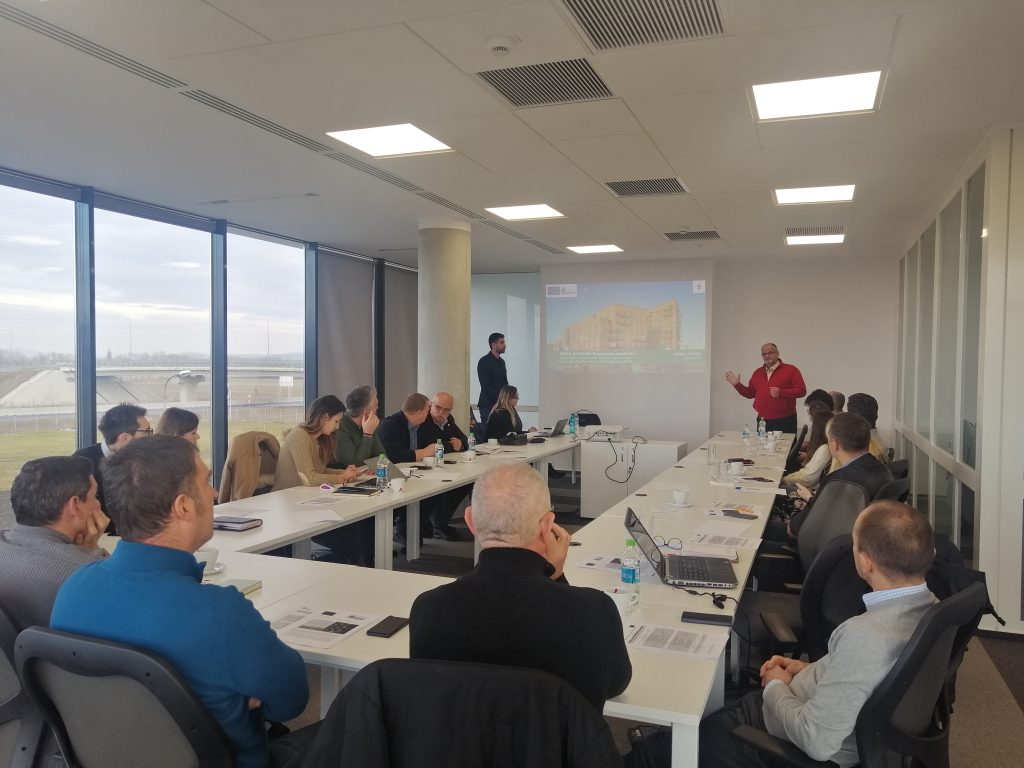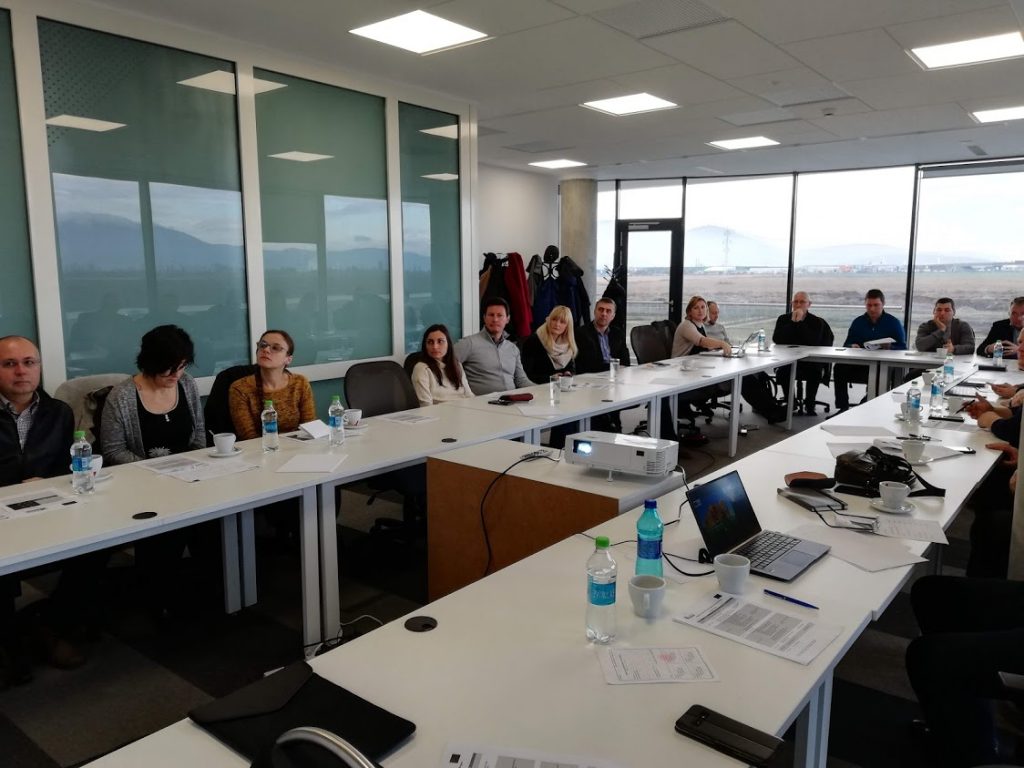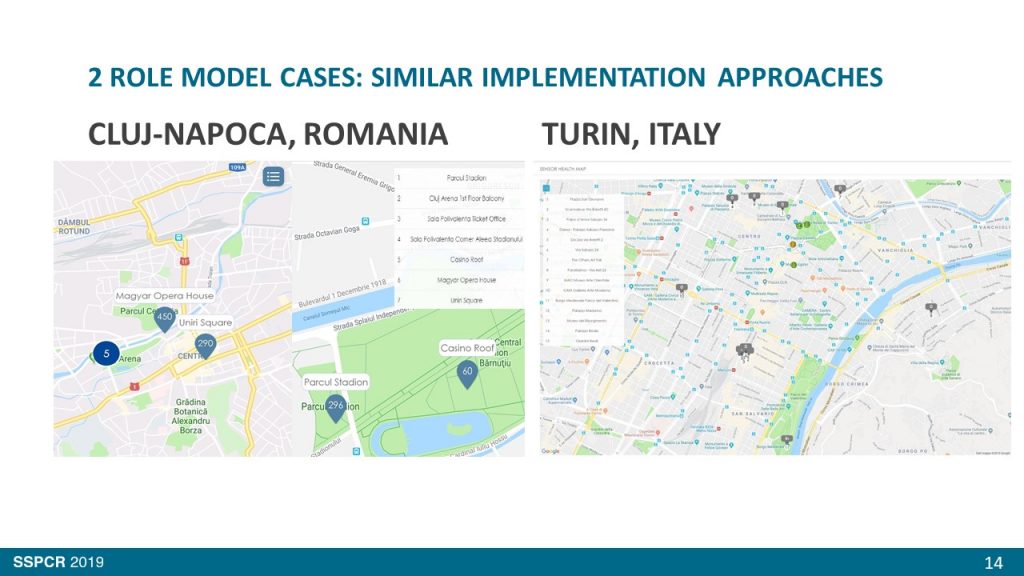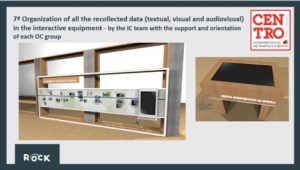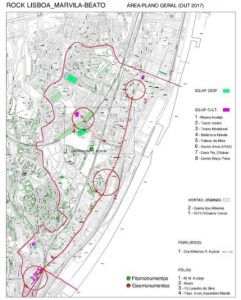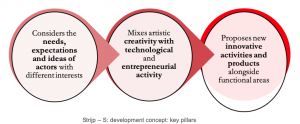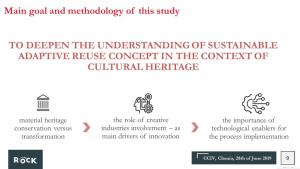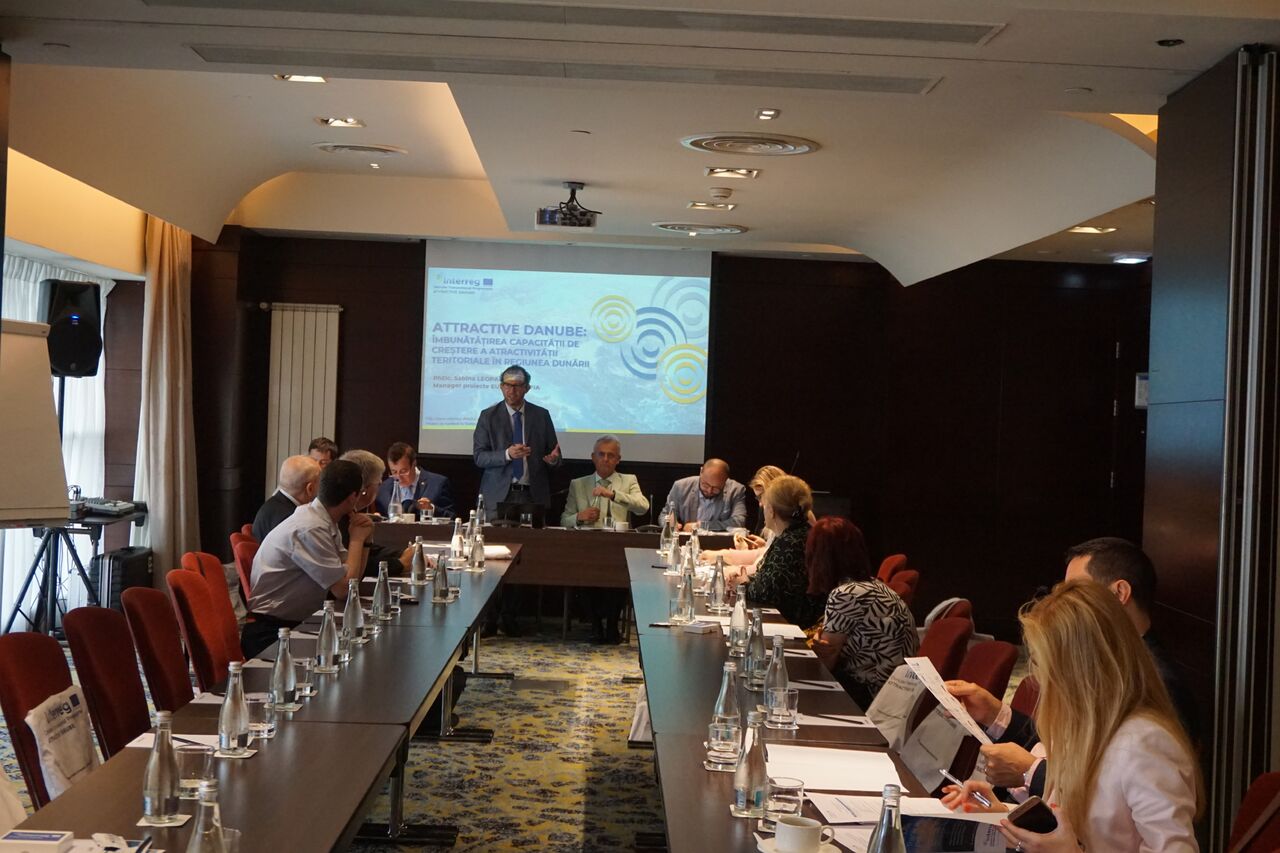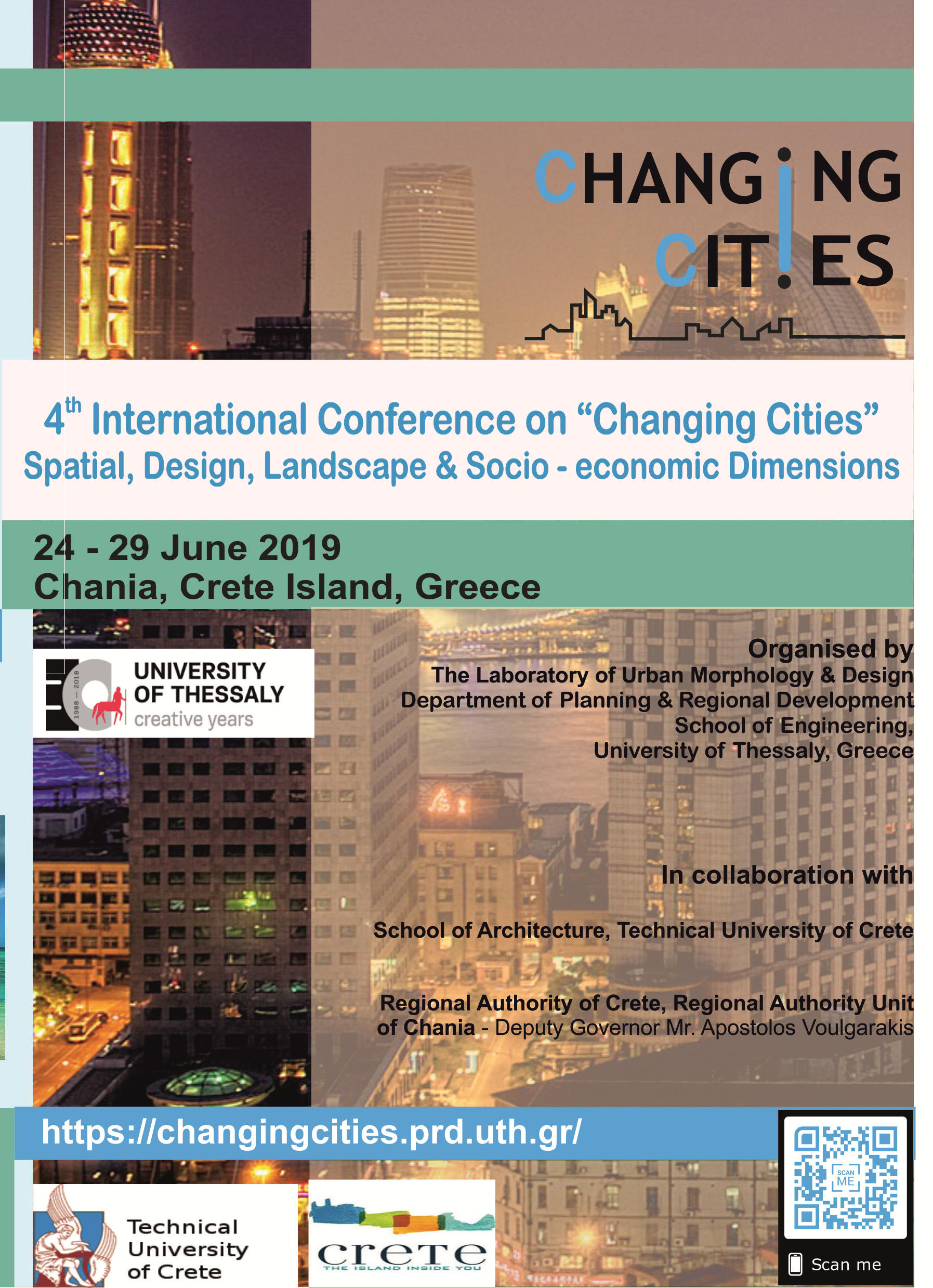Beyond Smart Cities. What about Emphatic Cities?
A REFLECTION ON THE DEVELOPMENT OF THE RELATIONSHIP BETWEEN MAN AND THE CITY
Written by
Natalia Onesciuc – Urban and Landscape Planner, Junior Manager of EU Projects at URBASOFIA S.R.L
Cities are increasingly becoming places most people are trying to survive in, fast changing environments they try to cope with through different mechanisms. The human scale is slipping through our fingers, at both physical and intellectual level. Cities are growing bigger and faster while seeking efficiency instead of purpose. In this context we are posing the question: what are the real, most pressing and profound human needs and how can cities contribute? How can cities soften stress, loneliness and a painfully increasing lack of sense that people is sensing? How can we shift from efficient cities to empathic and inclusive cities?
The smart city concept puts technology at the core of urban development models, as a bridge between people and places. Right, wrong? We would say not right enough. Technology has become part of our life and we cannot ignore it, but is it part of everyone’s life? Should it be, and if yes, to what extent? Empathic cities would pay more attention about people but in a more profound way, not only giving them support and instant solutions, while also making them more vulnerable in case of a collapse. Technology should make people stronger and more prepared, it should be a learning instrument instead of a coping instrument. We should reconsider how does technology assure resilience, in terms of people-city and people-people relationships.
The emphatic cities we, as urban planners, have the moral responsibility to plan for the citizens, will look at the challenges cities are facing in a both pragmatic (as it is in the present) and sensitive way, while focusing on societal challenges, rather than only urban challenges of the future. It will foster inclusiveness. It will make sure that more bridges will be made between people (citizens and professionals) in order to develop the city and its digital canvas in a more meaningful and inclusive way. It will look at the actual evolution trends, and not only at the desired ones! Cities are facing a lot of issues, and while a slight minority are enjoying a flourishing development, most of them are not even close. In a shrinking city, region or country, with aging, poverty and unemployment issues, to what extent is technology an enabler and not an inhibitor?


